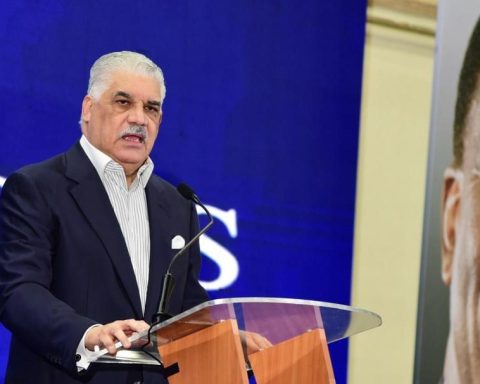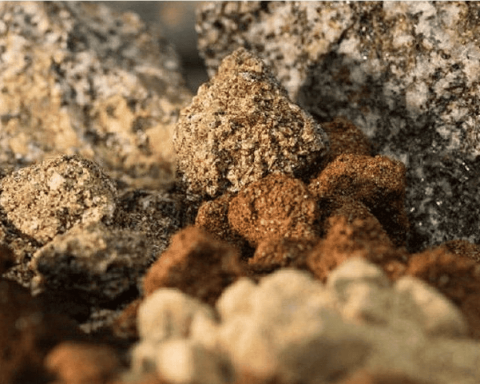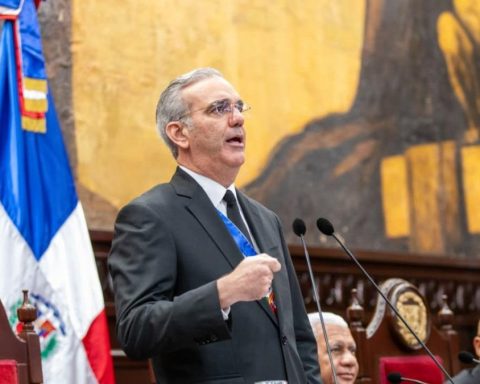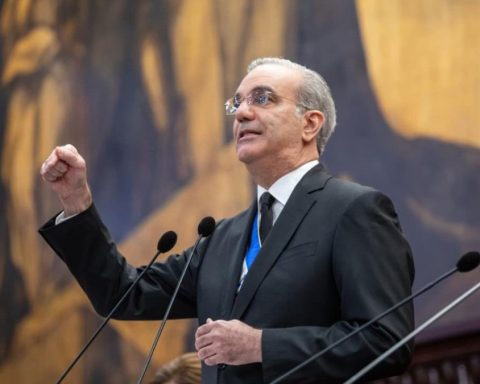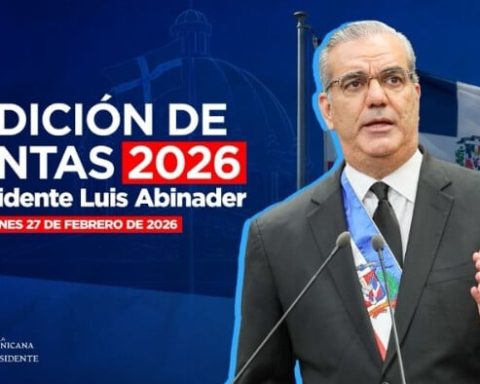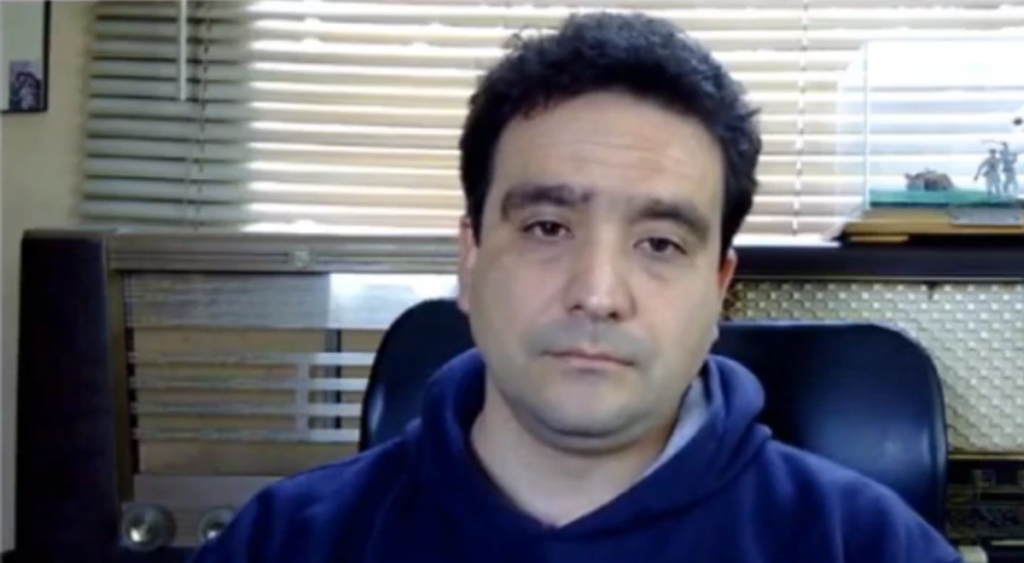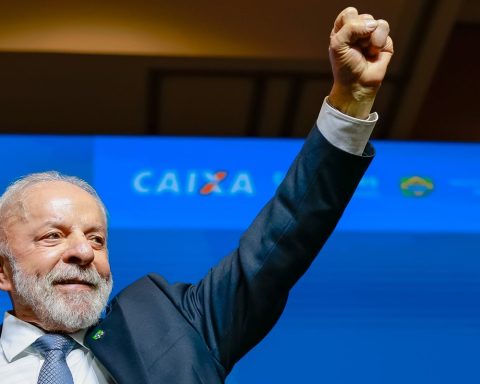In our hemisphere, the exercise of journalism and the freedom of the press itself have become a double-headed problem: a) on the one hand, the danger involved in exercising it with adherence to an unwavering deontology and social commitment to the best causes, the democracy and responsible denunciation of power and organized crime -drug trafficking and cybercrime (without forgetting the media coverage of some media owners)-; but where the phenomenon acquires its greatest dimension and human cost is in Mexico; Of course, not to mention that, in Nicaragua, Cuba and Venezuela, it is where it is aggravated with gag laws (or “Enabling”), persecution, jail, self-exile or vile murder when dissidents, citizens, political opposition, journalists, priests or pastors assume social criticism to denounce abuses, humiliations and crimes; and b) the degradation of the profession through the open participation of “journalists” in political activities -in all their civic-citizen rights, but to the detriment of journalistic ethics-, spokespersons for presidential projects, “consultants” and advisers to business groups to position corporate agendas or their pupils-candidates, pro-government or pro-opposition speakers -none for free-; and, finally, employees of supranational agendas (NGOs and fringes of civil society).
And we must underline it -unfortunately-, in our country it is where, perhaps, with more virulence this last modality of degradation of the exercise of journalism has taken root, through the proliferation of “communicators”; to the point of reaching -not infrequently- a “Persian Market” with the aggravating circumstance of the incursion of influencers, “journalists” or interactive social networks, wholesale and retail, who can fall so low playing media hitman, pawns of the judicialization of the policy or the unhealthy practice of headline-condemn as is customary in some media. A whole degrading and harmful picture for a profession that is a cornerstone of democracy and its most precious values: freedom of citizen expression and responsible and unrestricted journalistic criticism.
However, both sides of the coin -risk-prison-death, self-exile; or, corporate degradation, self-censorship or penny income- they are still two reprehensible extremes that a minority of journalists and media directors strive, daily, to reduce or reject to the extent that the power or the business oligopolies of the press, under multiple subterfuges, throw them out or “convince” them. But, without a doubt, the most reprehensible and risky situation is experienced and suffered by those journalists and media attached to a worthy and uncompromising journalistic ethics above risks, prison, threats or, as in Mexico, the impotence of power in the face of organized crime and the murder of journalists (what a disgrace!).

